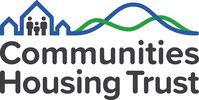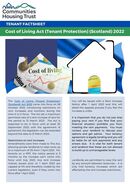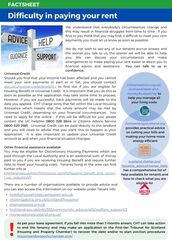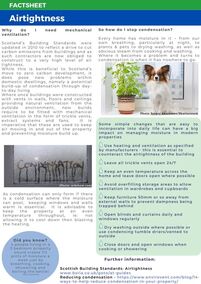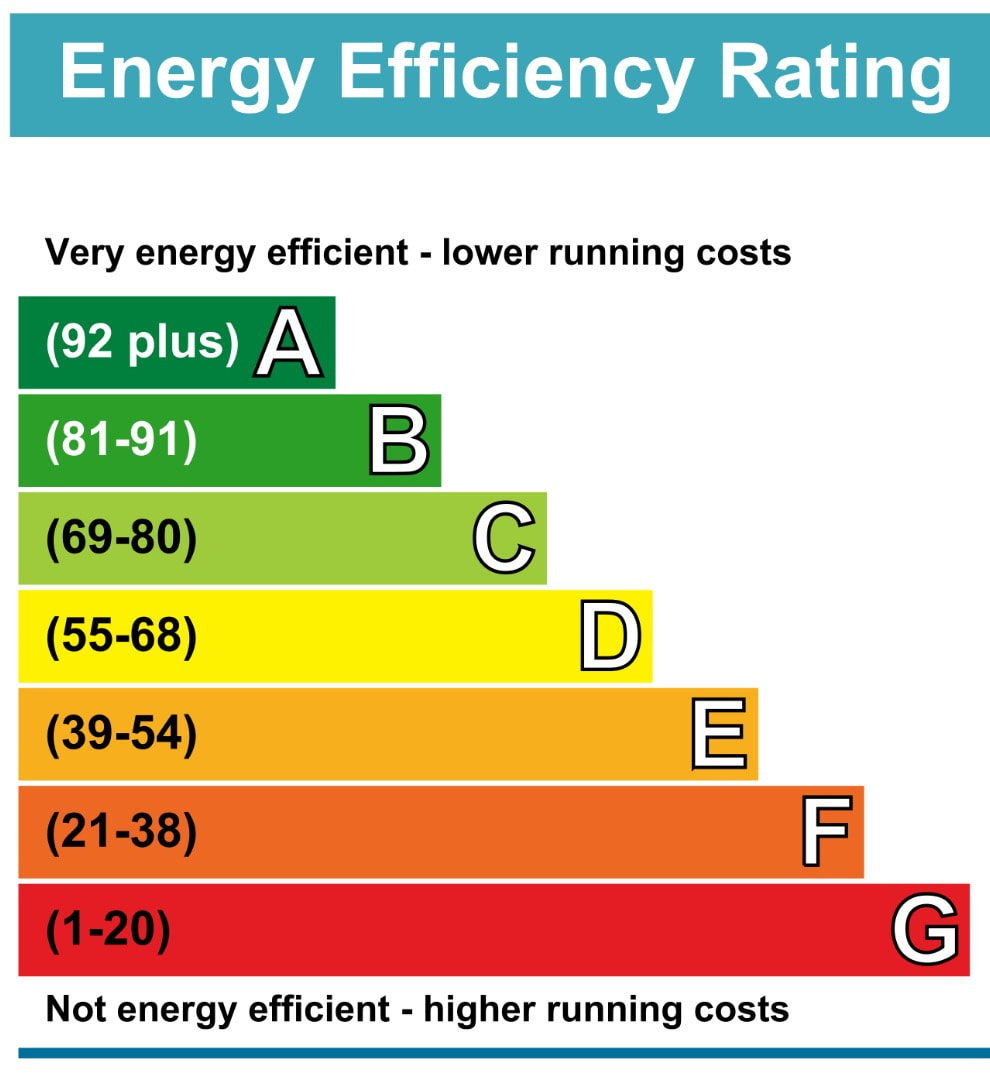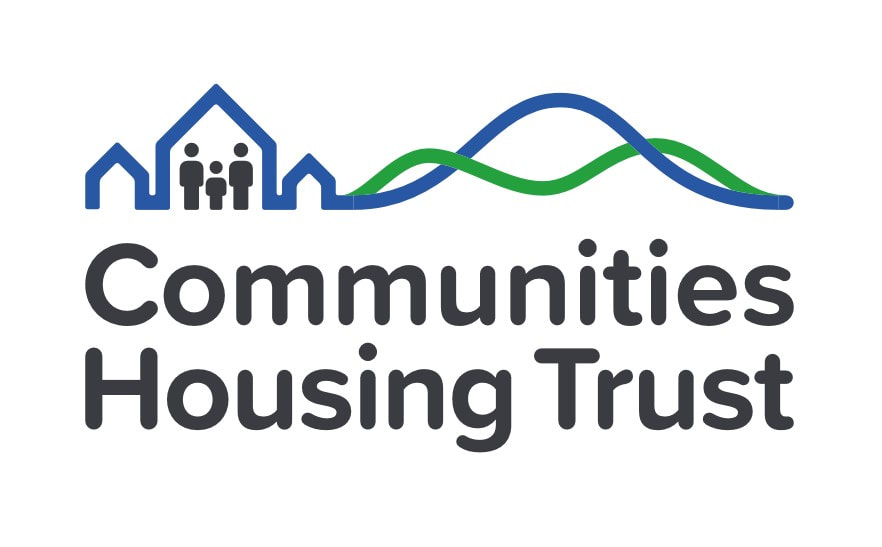Energy bills
|
With rising energy costs a hot topic in the news just now, we would like to highlight the following support to our tenants. Click on the image to take you directly to the organisation's own websites
|
|
If you find it difficult to apply online, Citizens Advice 0808 800 9060 and the Highland Council welfare team 0800 090 1004 can help you.
CHT also have tenant factsheets available with further information that you can download |
Managing condensation
|
Condensation is the most common form of dampness in the home and happens when warm, moist air settles on a cold surface, often windows or cold walls/ceilings. Cooking, showering and drying laundry - as well as how many people are in your home, if you have pets and even house plants - all contribute the levels of moisture in your home and it's important to limit this where possible. Keeping your home warm and dry, and therefore reducing condensation, at this time of year can be challenging, particularly with rising energy costs result in heating cutbacks. When condensation appears, wipe it dry to avoid a build-up of black mould growing. Damp and mould can affect you and your family’s health by causing respiratory infections, allergies or asthma and can also affect the immune system.
There are a number of ways you can reduce condensation:
The Energy Savings Trust have this short video with useful tips on minimising condensation at home: |
Tenant Factsheet
Airtightness |
EPC ratings
|
Scottish Government proposals to require a minimum standard of D on Energy Performance Certificates (EPCs) from 2022 will now not be taken forward in recognition of the significant impact on the sector caused by the Covid-19 pandemic. Instead, the government intends to introduce a requirement for private rented sector properties to have an EPC rating of C at change of tenancy from 2025.
See more info at: https://scottishlandlords.com/news-and-campaigns/news/change-to-epc-proposals-announced/ Communities Housing Trust will review all their properties and the properties they managed on behalf of other landlords, along with taking guidance from the Energy Savings Trust to look at ways of improving the energy rating of any property which falls below this standard. |
